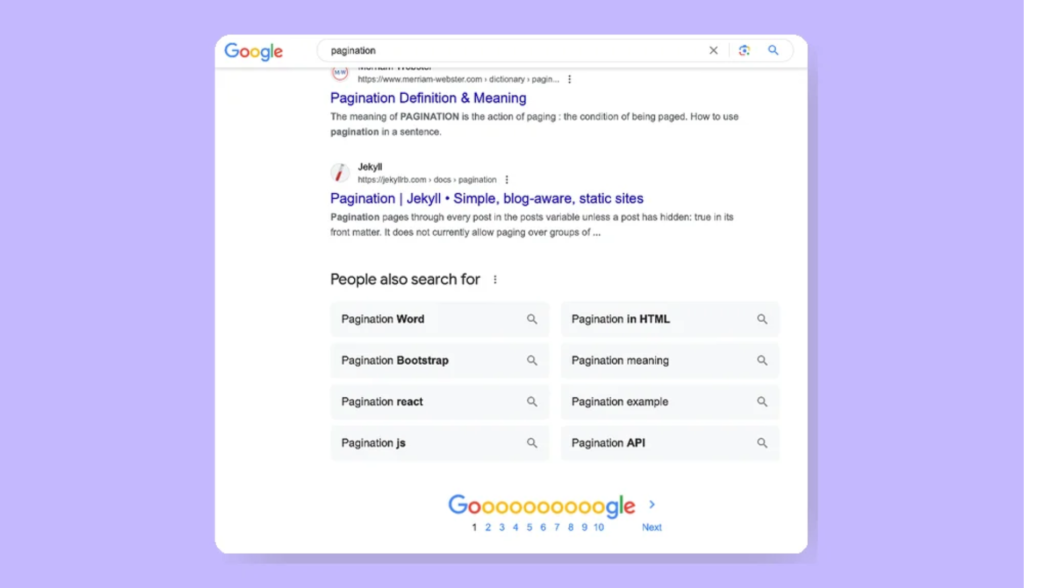New Delhi: In a move surprising some users and raising questions among marketing experts, Google announced it will be ending continuous scrolling for search results. This feature, popularized by social media platforms, allowed users to see a seemingly endless stream of results as they scrolled down the page.
Google says the change aims to deliver search results faster, particularly on desktop computers. The classic pagination bar, familiar to longtime search users, will return. This will allow users to jump to specific pages or simply click “Next” to see more results. Mobile users will see a “More results” button at the bottom of the search page.
The news has been met with skepticism by some in the search marketing community. Emails released by the U.S. Department of Justice revealed discussions among Google’s top management regarding displaying more ads in search results. This has led some to believe that the removal of continuous scrolling might be a way to increase ad clicks.
ALSO READ: UN Calls on Tech Giants to Fix Broken Ad Model to Fight Misinformation
“This change will likely concentrate more clicks on the first page, benefiting ads and Google properties while pushing organic search results down the line,” said Brett Tabke, founder of the Pubcon search marketing conference.
The first page of search results will now prominently feature Google Ads, links to Google properties, and Google Overviews, followed by a link to access the second page. This has some users concerned about the visibility of independent websites in search results.
However, not everyone sees the change negatively. Kevin Indig, a marketing expert, argues that continuous scrolling is a good fit for social media platforms where users are passively consuming content. For other websites, however, it can be a poor user experience. Indig believes that infinite scrolling makes it harder for users to find what they’re specifically looking for, especially on e-commerce sites, informational websites, and search results. Google seems to agree, stating that continuous scrolling was not ideal for their search platform.












